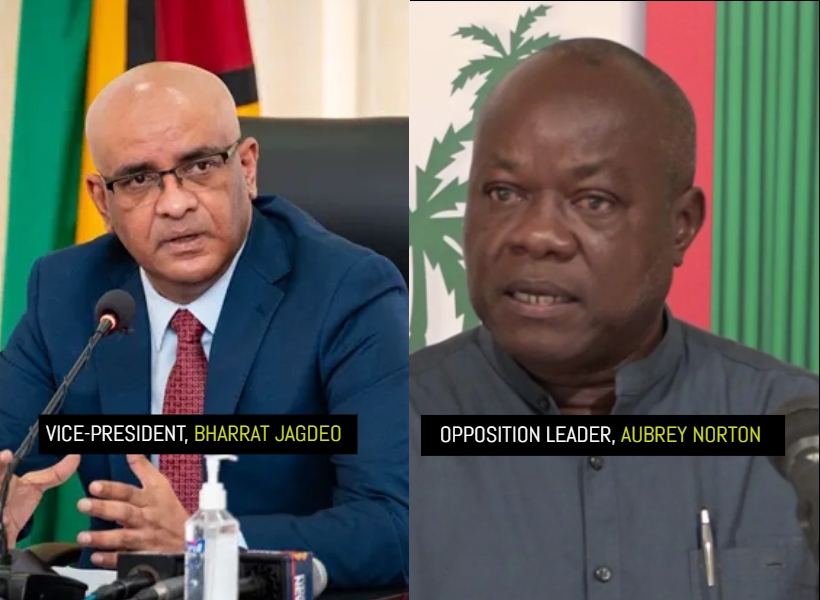Leader of the Opposition, Aubrey Norton has expressed deep concern over the relentless power outages afflicting Guyana, placing blame squarely on the current government’s shoulders and claiming they are sending Guyanese back to the “dark age”. During the opposition’s press conference today, Norton highlighted the stark contrast between the progress made during the previous administration and the current state of affairs.
Norton began by noting that the previous government, the APNU+ AFC coalition, had diligently worked on addressing Guyana’s power generation issues, formulating comprehensive short, medium, and long-term plans. “The proof of the pudding is in the eat,” Norton declared, emphasizing that during their tenure from 2015 to 2020, significant strides were made in reducing power shortages. Blackouts, which had once plagued the nation, became a rarity.
However, Norton lamented that the situation had taken a stark turn for the worse under the current PPP government. “Today, blackouts are crippling the society,” he asserted. He attributed these issues to incompetence, corruption, and a lack of foresight on the part of the ruling party, arguing that they were pushing Guyana into a dark age of unreliable power supply.
One aspect that particularly caught Norton’s attention was the silence from the private sector regarding the government’s performance. He questioned why these institutions, known for their vocal criticism in the past, are now mute. “We believe if you are a true civil society body, if you are true to protect the interests of your constituents, the private sector should be speaking out on the government’s lack of a plan, its incompetence, and its corruption because they are affected indirectly,” Norton commented.
The current power crisis in Guyana has become a matter of increasing concern, with the opposition highlighting it as a critical issue that demands immediate attention.
The Vice President, Dr. Bharrat Jagdeo, recently acknowledged the strain on the Guyana Power and Light (GPL)’s power generation capacity, attributing it to several key factors. Jagdeo pointed to the expansion of businesses, the recent heatwave, and the surge in new housing developments as primary contributors to the electricity supply shortage.
He also revealed that many individuals who were previously generating power privately have opted to switch back to relying on GPL for their electricity needs. This shift has significantly increased the demand for electricity, which GPL is currently struggling to meet.
Nevertheless, Jagdeo said the delivery of an additional 30 megawatts to Guyana is expected before the end of the year, with the hope that it will alleviate power shortages.
As the nation grapples with these challenges, the debate surrounding the government’s ability to address the situation continues to intensify.













